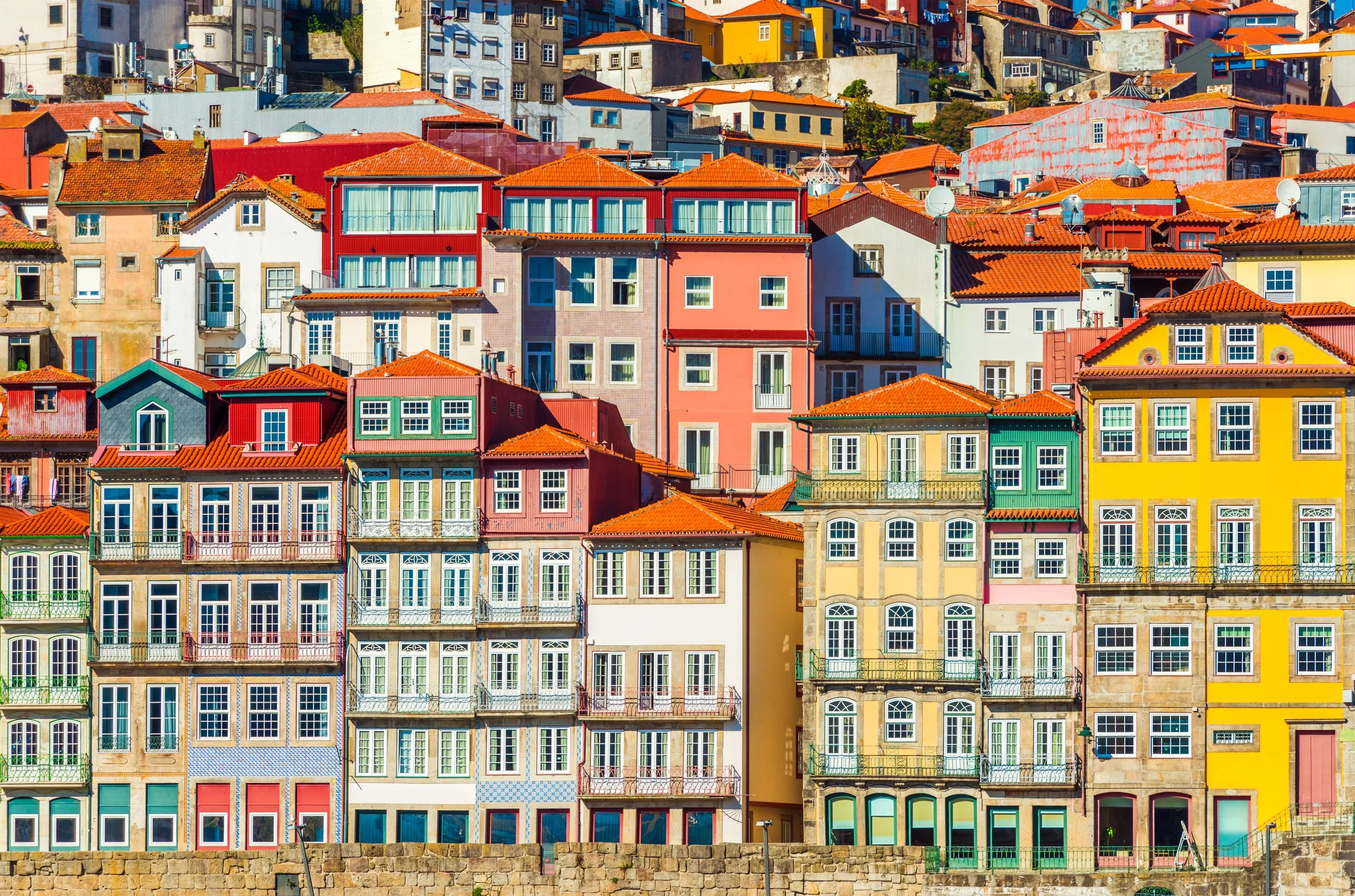Portuguese Denominação de Origem Controlada (DOC)
Portugal is a country with a rich wine history that dates back over 2,000 years. For wine enthusiasts, the Portuguese Denominação de Origem Controlada (DOC) is a term that resonates with quality and tradition. In this blog post, we will dive deep into the history, rules, regions, and other fascinating information about the Portuguese DOC, offering you a comprehensive guide to help you better understand and appreciate the world of Portuguese wines.
History of the Portuguese DOC
The Portuguese DOC system was established in 1986, after the country joined the European Union. This regulatory framework was designed to protect the quality, authenticity, and uniqueness of wines produced in Portugal. Inspired by similar systems in France and Italy, the DOC classification ensures that the wines bearing its label meet strict quality standards and are representative of their geographical origin.
Rules and Regulations
To qualify for the DOC status, a wine must meet several criteria, including:
Geographical origin: The grapes must come from a specific, demarcated region with well-defined boundaries.
Grape varieties: Only approved grape varieties are allowed for a particular DOC.
Viticulture and winemaking: The vineyards, viticultural practices, and winemaking techniques must adhere to established rules and regulations.
Quality control: Wines must pass stringent quality tests, including sensory analysis and chemical and physical analyses.
Labelling: DOC wines must display the official seal of the Instituto dos Vinhos do Douro e Porto (IVDP) or the Comissão Vitivinícola Regional (CVR) for non-Douro wines.
Portuguese Wine Regions and Notable DOCs
Portugal is home to numerous wine regions, each with its own unique terroir, climate, and grape varieties. Here are some of the most famous DOCs in Portugal:
Douro DOC: The oldest demarcated wine region in the world, the Douro Valley is famous for its Port wines and red wines made from grape varieties such as Touriga Nacional, Touriga Franca, and Tinta Roriz.
Dão DOC: Known for its elegant and age-worthy red wines, Dão produces wines primarily from Touriga Nacional, Alfrocheiro, and Tinta Roriz.
Bairrada DOC: This region is renowned for its bold red wines made from Baga and also for its sparkling wines produced using traditional methods.
Alentejo DOC: A vast region known for its modern and fruit-driven red and white wines, Alentejo features grape varieties such as Aragonez, Trincadeira, and Antão Vaz.
Vinho Verde DOC: Located in the northwest of Portugal, Vinho Verde is famous for its refreshing, low-alcohol white wines made from grapes like Alvarinho, Loureiro, and Arinto.
Setúbal Peninsula DOC: This region is known for its fortified Moscatel de Setúbal wines and its red wines made from Castelão and Touriga Nacional.
The Portuguese Denominação de Origem Controlada (DOC) is a testament to the country's dedication to preserving the quality and authenticity of its wines. With its rich history and diverse range of wine regions, Portugal offers wine lovers a plethora of unique flavours and styles to explore. As you continue to delve into the world of Portuguese wines, keep an eye out for the DOC label – it's a guarantee of quality, history, and tradition that you won't want to miss.
